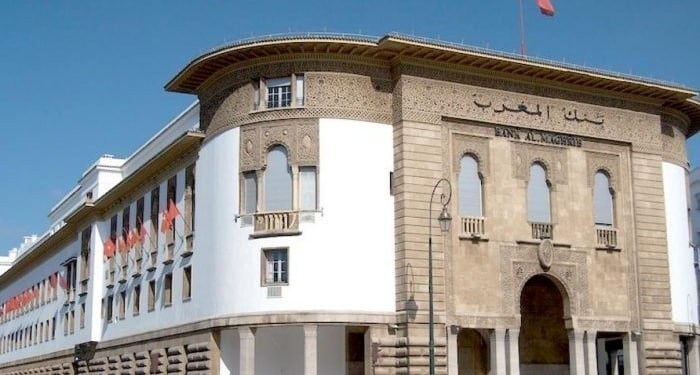The International Monetary Fund (IMF) proposed for Morocco to move to the next phase of fiscal reforms aiming to make its national currency’s exchange rate more flexible, but Morocco’s central bank, Bank Al-Maghrib (BAM) refused to adopt the measure.
Morocco first transitioned from a fixed currency exchange rate for the dirham to a more flexible ±2.5% rate in 2018. A fixed exchange rate means that Morocco’s central bank had control over the exchange rate of the dirham to other currencies, and could oversee macroeconomic stability.
The country’s move to adopt a flexible exchange rate is in line with the state strategy to liberalize the economy and make it more open. However, adopting a flexible exchange rate means a currency is highly exposed to fluctuating supply and demand.
Given the current economic bottleneck and consecutive shocks to the country’s economy, Morocco cannot move forward with the IMF-suggested second phase of fiscal reforms, BAM Governor Abdellatif Jouahri stressed during a televised interview with SkyNews Arabic.
ALSO READ: Morocco is US’ Third Largest Exporter of Table Olive and olive oil in 2022
When Morocco first started the fiscal reforms, the economic growth was in Morocco’s favor, Jouahri explained, which is no longer the case considering the “consecutive crises Morocco is going through” as well as the current state of the Moroccan economy.
“The reforms can’t take place while the country is battling with economic crises that are exerting significant pressure on the state budget and the economy as a whole,” the BAM governor stressed.
Jouahri shed light the current fabric of Morocco’s economy, pointing out that it is made up of 90% Very Small Businesses, according to the Observatory for Small and Medium-Sized Business (SMEs), 9% of all businesses in Morocco are medium-sized, and 1% is made up of large businesses,” he specified.
“With 90% of Very Small businesses, Morocco’s economy is not properly equipped for us to move to the next stage of fiscal reforms relating to making the exchange rate more flexible,” Jouahri concluded.
SOURCE: Morocco news

